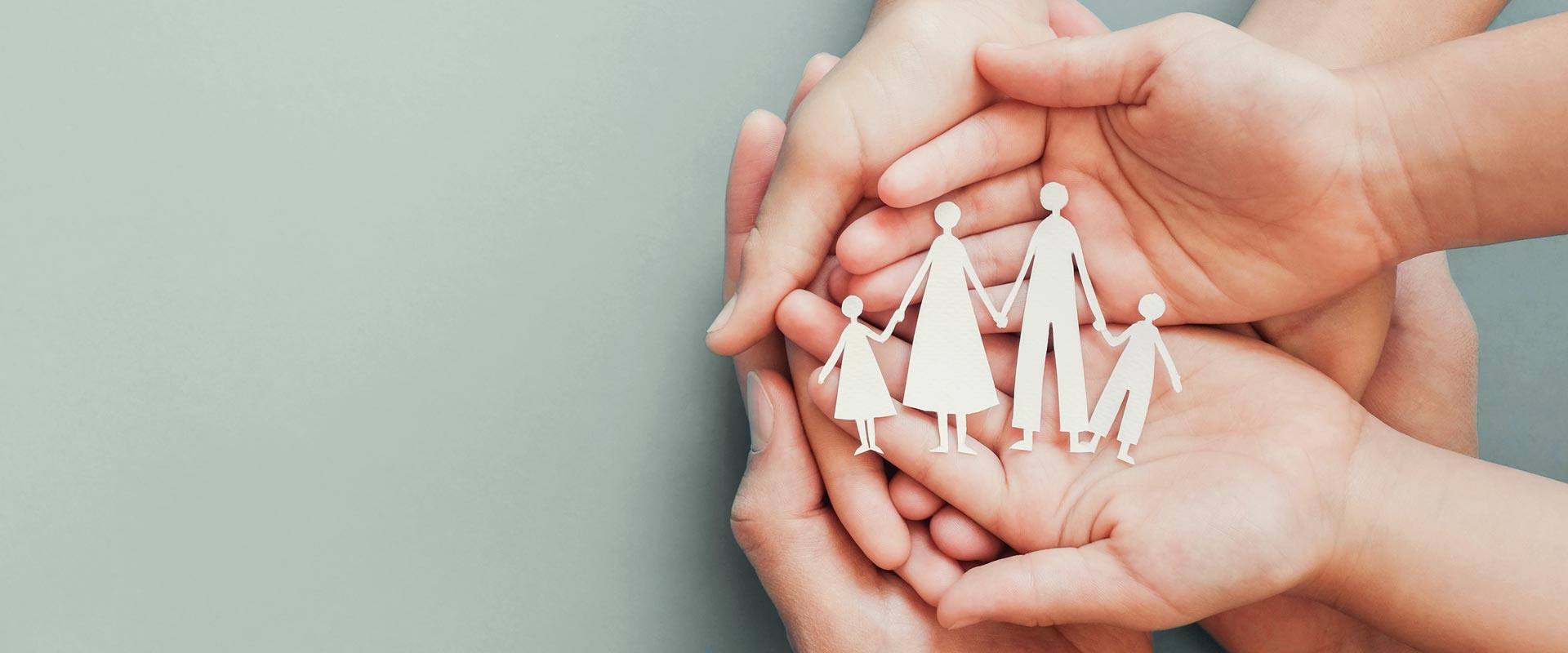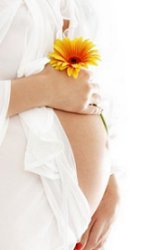I'm currently studying for my Advanced Diploma in Fertilty Support:
https://www.fertilitysupport.training/advanced-level-diploma
I have been in acupuncture practice for over 17 years and in that time I have seen an increase in the number of women and couples seeking acupuncture to assist with IVF or as a means of aiding natural fertility. Traditional Acupuncture can have many uses in this context, including the promotion of blood circulation, improving blood flow to the uterus and balancing hormones. Research has shown that acupuncture has an effect on the hypothalamus which in turn controls the pituitary. This perhaps goes some way to explain why it appears to have such a balancing effect on hormones. It must also be noted that the stress relieving benefits of acupuncture are of huge importance during IVF or when a couple are trying to conceive naturally.
Menstrual issues such as endometriosis and PCOS are responsive to acupuncture and it can be used to help in the management of these conditions, particularly where there is irregularity in the cycle and pain. Often the orthodox treatment relies on medication such as the contraceptive pill, acupuncture offers a safe and effective adjunct or alternative to such measures, where appropriate.
During a consultation I will take a full medical history, paying close attention to the nature of your periods, including length, blood flow, pain levels, symptoms, any blood tests or investigations you may have had and also a general inquiry into your overall health. If you have test results and scan details it is worth bringing these along if you can.
Acupuncture for fertility is certainly not a quick fix and there are often lifestyle changes that I encourage couples to try including diets and supplements. I treat every week, or as a minimum at least every two weeks, through at least three menstrual cycles. For IVF support it is a little different, but ideally we start treatment a few weeks before your cycle begins. I will work alongside any treatment you are undergoing, facilitating and supporting the process.
I regularly treat both female and male fertility and I'm very happy to answer any questions you might have, please don't hesitate to get in touch.
Acupuncture increases pregnancy rates in IVF
An overview of systematic reviews by Chinese authors has concluded that acupuncture seems to be beneficial in increasing pregnancy rates in in vitro fertilisation and embryo transfer (IVF-ET). The review included 312 randomised controlled trials involving 65,388 participants. The analysis suggested that acupuncture was superior to sham acupuncture in improving the clinical pregnancy rate (CPR) of IVF-ET. When compared with no adjunctive treatment, acupuncture improved CPR, ongoing pregnancy rate and reduced miscarriage and biochemical pregnancy rates.
An Overview of Systematic Reviews of Acupuncture for Infertile Women Undergoing in vitro Fertilization and Embryo Transfer. Front Public Health. 2021 Apr 20;9:651811.
Acupuncture during IVF support
Combining IVF with regular acupuncture treatments significantly increases success rates.
Studies show that acupuncture can help to:
- Build uterine lining by increasing blood flow to the area
- Improve hormone balance
- Have more frequent and stronger ovulation
- Help lower anxiety levels in women
Key Times I see patients undergoing IVF
- Regular (weekly or bi weekly) before and during stimulation phase (2-5 treatments)
- After egg retrieval collection (1 treatment) -An acupuncture treatment 1-2 days after egg collection may help to help reduce any abdominal discomfort and swelling.
- Before and after embryo transfer ( fresh or Frozen) (1-2 treatments -in a window of 24 h)
- During the two week wait (Luteal Phase) (1-2 treatments) -Many IVF patients find it the hardest part. Acupuncture can be a useful support during this time to keep the mind calm, and to reduce stress.
Women undergoing IVF often use acupuncture as a support. Some report greater relaxation and control of anxiety. The acupuncture treatment will be different for each patient and depends on their reprodoductive and medical history, TCM diagnosis and symptoms.
Acupuncture during Pregnancy
safe natural alternative to alleviating common pregnancy concerns
- 1st trimester (Up to 12 week scan)
Once you have a positive pregnancy test, acupuncture is recommended every week to two weeks, up to 12 weeks, to reduce the chances of miscarriage and to ensure good blood quality and circulation for you and your baby. It is also useful to counteract the effects of stress and worry, and is commonly used to help alleviate common conditions of early pregnancy such as morning sickness and fatigue. - Second and third trimesters
Between 12 and 36 weeks acupuncture is recommended about every four to six weeks. Treatment helps to maintain good circulation and to keep your system balanced. If during this period any other pregnancy related conditions develop then the frequency of treatment is altered according to their nature. - If your baby adopts a breech position we recommend treatment from 32 - 35 weeks to help turn it.
Moxibustion, or Moxa, also known as mugwort, is a TCM therapy that is used to stimulate acupuncture points by applying heat. The heat generated by the Moxa stick sparks the release of two hormones related to pregnancy, prostaglandins and placental estrogen. The release of these hormones leads to uterine contractions, which help stimulate movement in the baby.
is comfortable, non invasive and has no negative effect on mom and baby. - From 36 weeks
For the last few weeks, pregnancy acupuncture is advised once a week. The baby is ready, and your body is preparing for childbirth. These pre-birth treatments help prepare you and your baby for labour and beyond.
Specific points are chosen depending on your constitution and pregnancy history.
I will demonstrate on you a collection of acupressure points that they can use on you before and during labour. - 40 weeks +
As well as continuing to prepare you and your baby for labour and beyond, treatment is designed to induce labour. Points are used that directly stimulate the sacral plexus a collection of nerves directly involved with labour. Pre-Labour and Labour Induction.
Acupuncture Prior to Labour may be helpful for: - Delayed labour
- Cervical ripening
- Prolonged labour
- Labour induction
Understanding Fertility
For people struggling to get pregnant, it can be stressful and heartbreaking. Sometimes, there is no easy explanation for why they can't get pregnant, so they struggle and stress without getting any closer to pregnancy. By understanding each step, we have the potential to understand what might be going on.
In a very basic sense, natural fertility requires six basic components: capable sperm, capable eggs, a location (the fallopian tubes) for the egg and sperm to fertilize to create an embryo in order to get pregnant, a place (the uterus) for the embryo to implant and grow into a baby and proper hormone signaling. Understanding your cycle is an important first step in understanding your body and how best to support your own fertility
Menstrual phases
Menstruation and the Follicular Phase of the cycle begins with the first full day of menstrual flow. Low levels of estrogen and progesterone tell the brain to release follicle stimulating hormone (FSH).
1. 5 or 6 ovarian follicles are starting to mature
2. A dominant follicle emerges in preparation for ovulation. This process is triggered by low levels of estrogen and progesterone that signal the release of FSH.
3. A healthy uterine lining (endometrium) is beginning to build up to support a possible pregnancy.
This part of the ovarian cycle is the proliferative phase of the uterine cycle. Cervical mucus and vaginal discharge are minimal at the beginning but will soon appear.
Ovulation typically happens around day 12-16 of the cycle. It is triggered by a high level of estrogen and a sharp rise in luteinizing hormone (LH), is the signal that pushes the egg out of the follicle.
Once the egg leaves, the follicle becomes a corpus luteum, and the luteal phase of the cycle begins.
The egg will travel to a fallopian tube. This is often where fertilization occurs. Ovulation usually happens 14 days before the beginning of the next period. It is the time during the cycle that fertilization of an egg is most likely to occur.
An ovulating person’s “fertile window” is considered to be the day of ovulation, the 5 days preceding it, and a few days after. This is because sperm can live for 5 days once they are in the vagina, cervix or uterus. Cervical mucus is clear, thin, and stretchy (sometimes described as egg white consistency) at this time in the cycle in order to help sperm in their mission to fertilize an egg.
Luteal Phase. The corpus luteum secretes the hormone progesterone, stopping production of FSH. The uterine lining continues to thicken to prepare for a pregnancy, also signals breast tissue to prepare to produce milk. This is why some people feel breast tenderness during this part of the cycle and before menstruation occurs.
Cervical mucus thickens with the high levels of progesterone. Progesterone causes basal body temperature (BBT) to rise after ovulation occurs.
If fertilization and implantation didn’t happen, LH and FSH levels quickly fall. The corpus luteum also breaks down and estrogen and progesterone levels decrease. Low levels of estrogen and progesterone trigger the shedding of the uterine lining, and we’re back to day 1 with a period.
If pregnancy occurs, the placenta takes over the production of progesterone. Progesterone is essential for the survival of the fertilized egg and the fetus throughout gestation.
Treatment aim with Acupuncture
In the follicular phase
- Increase microcirculation to the ovaries and uterus, and regulate and optimise hormones through to ovulation.
- Increase microcirculation to sub-endometrial tissues so as to optimise the development of the lining of the uterus.
During and After Ovulation
- Support ovulation by opening the meridians that run through the uterus and increasing blood and energy circulation in the pelvis.
- Post-ovulation acupuncture points aim to reduce cramping and calm the mind.
Over the two-week wait
- Reduce stress and anxiety, and promote relaxation.
- Acupuncture to support possible pregnancy
Acupuncture to help Symptoms of Peri Menopause and Menopause
Traditional Acupuncture can help to alleviate symptoms of the menopause effectively and naturally. Every woman will have a different experience and very often symptoms are varying and complex. Some of the symptoms can disrupt quality of life life, disrupt your sleep, relationships, family, work life and can often lead to a sense of isolation and loneliness. Traditional Acupuncture offers you a place to come and rest, be listened to, understood and cared for. Allowing space and time for yourself at this crucial point of change in your life is important, as is having support while you navigate this time. Acupuncture is a valuable option for helping to alleviate many menopausal symptoms such as hot flushes, low mood and poor sleep. It can be used along side hormonal replacement therapy (HRT), or as a natural alternative, along with nutritional support.


